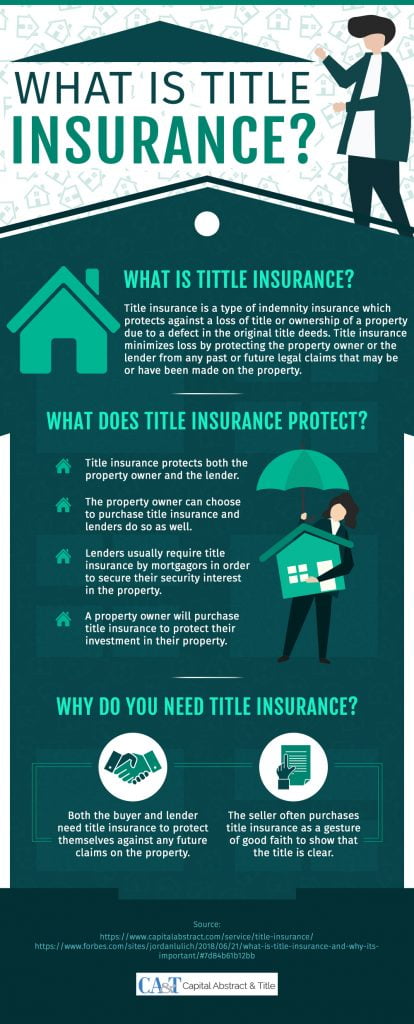When is title insurance required for Coops, or necessary
-
Co-op title insurance remains rare in NYC.
Title insurance is required by lenders when buying a condo or a house with financing, and it is widespread, even for all-cash deals. However, we do not see it too often in co-op apartment transactions, and mortgage lenders don’t require borrowers to utilize a mortgage to get a leasehold insurance policy.
However, real estate attorneys don’t push buyers to get them either. Therefore, we recommend buyers pay for co-op title insurance in a few unique, risky cases.
An estate sale is messy, and having a clear title may not be as simple as a regular deal. For example, the trustee may not have identified all beneficiaries. Another example: a brother has taken over the sale process but did not get written consent from his sister. The sale may go through without the sister’s permission, which is a significant risk.
-
If the seller has lost the shares stock and lease
For Coops, the seller must physically give the original stock certificate and proprietary lease to the managing agent. The latter will cancel them at closing, reissue a new stock, and lease to the buyer. However, this can be an issue if a seller loses their stock and lease.
The managing agent sometimes asks the seller to cover the cost of co-op title insurance to protect the management company in case of any potential future disputes.
In this case, the seller will pay for the insurance covering the managing agent’s risk. In parallel, if the purchasers want to protect themselves, they must pay for the insurance.
 and covers the risk of someone claiming they had rightful ownership in the past. In short, title insurance protects buyers from events that happened in the past before they purchased the apartment.
and covers the risk of someone claiming they had rightful ownership in the past. In short, title insurance protects buyers from events that happened in the past before they purchased the apartment. expenses from any claims on the ownership interest. This insurance guarantees that the seller transfers the title to the buyer “free and clear.”
expenses from any claims on the ownership interest. This insurance guarantees that the seller transfers the title to the buyer “free and clear.”

